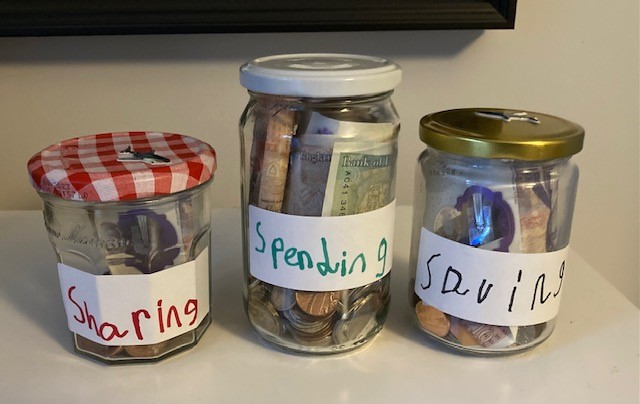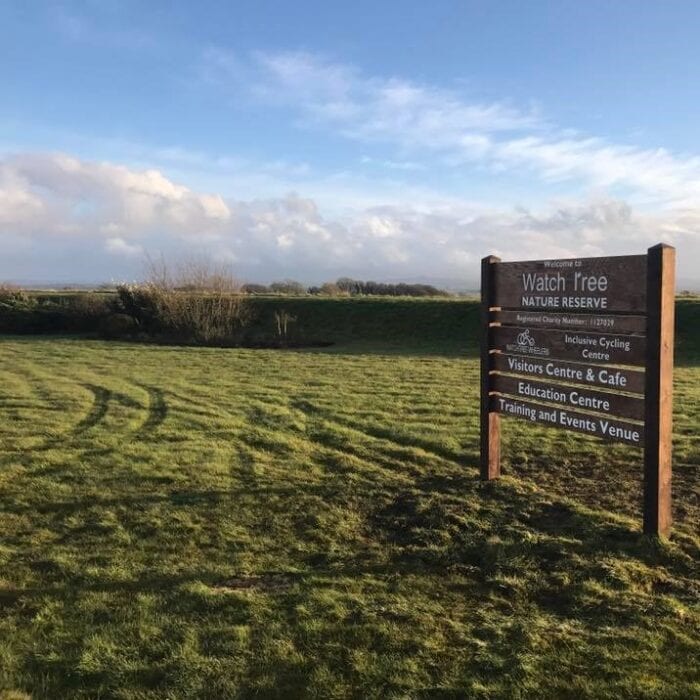-
Related posts
-

Understanding Stamp Duty and Land and Buildings Transaction Tax
20 December 2024
-

How thoughtful giving can shape your children’s future?
10 December 2024
-

Are you confident your bills would be covered if an injury prevented you from working?
20 November 2024
-

Why Private Medical Insurance could be a great option for you
6 October 2024
-

Representation in the industry: A female Financial Adviser’s perspective on roles within financial services
30 September 2024
-

New appointments and a promotion at David Allen Financial Services
1 August 2024
-

What will happen to my money if there is a change in Government?
3 July 2024
-

Remortgaging – How David Allen Financial Services can help you
3 July 2024
-

David Allen IT Solutions and David Allen Financial Services join forces with RAW Insurance to advise on your business’s Cyber Insurance
28 February 2024
-

Choosing the right protection when taking out insurance cover
17 January 2024
-

Money and divorce
29 November 2023
-

David Allen Financial Services can help you when applying for a mortgage
9 November 2023
-

David Allen Financial Services and NEST Insurance team up to streamline your home insurance experience
31 October 2023
-

Building a reliable income stream for your golden years
31 October 2023
-

Navigating Your Path to Homeownership with our Specialist Mortgage Team
25 August 2023
-

Do you need to top up your National Insurance Credits?
7 July 2023
-

Guarantor Mortgages
28 June 2023
-

Early Bird Investors
22 June 2023
-

Are you worried about NHS waiting times?
14 June 2023
-

New Appointment for David Allen Financial Services
12 May 2023
-

State Pensions and Gaps in National Insurance
20 April 2023
-

Pensions Lifetime Allowance changes
20 April 2023
-

How much will my mortgage go up?
19 April 2023
-

Cleaning up your finances this Spring
17 March 2023
-

Pensions, Savings and Investments – Spring Budget 2023
15 March 2023
-

Frequently asked questions when it comes to re-mortgaging your property.
17 November 2022
-

Why save?
14 July 2022
-

Women and Finance
15 June 2022
-

Ensuring Our Children Are Financially Aware
20 May 2022
-

What is a mortgage decision in principle?
4 May 2022
-

Top tips for self-builds
27 April 2022
-

Steve Balmer celebrates 10 years at David Allen
12 April 2022
-

Why remortgage?
1 April 2022
-

Spring cleaning your finances
17 March 2022
-

Understanding your credit score
1 March 2022
-

Will you receive a full state pension?
23 February 2022
-

New Director for David Allen Financial Services
10 February 2022
-

Gifting Money
4 February 2022
-

Sharing, Spending, Saving
28 January 2022
-

ERNIE and your savings
14 January 2022
-

What changes can affect your Will?
4 January 2022
-

Child Trust Fund or Junior ISA – which is the best option?
4 January 2022
-

Pensions following the budget
8 December 2021
-

Talk Money Week – Mortgages
15 November 2021
-

Talk Money Week – Protection
15 November 2021
-

Talk Money Week – Junior ISA
15 November 2021
-

Talk Money Week – Savings and Investments
15 November 2021
-

Talk Money Week – Retirement
15 November 2021
-

Calling all homeowners!
14 October 2021
-

Why Save?
7 October 2021
-

Is Private Medical Insurance the way forward?
5 October 2021
-

How much money will you need when you retire?
10 September 2021
-

When a client gives feedback like this, we can’t help but share it
16 July 2021
-

What do we mean by a ‘protection review’?
8 July 2021
-

Income protection…with a little something extra!
13 June 2021
-

Are you new to the idea of ‘Financial Wellbeing’?
13 May 2021
-
My first few months at David Allen Financial Services
7 May 2021
-

Help! My mortgage has gone on to my lender’s ‘standard variable rate’, what does this mean?
30 April 2021
-
Meet Donna Wilson, our mortgage and protection specialist
6 April 2021
-

Is your pension working hard enough for you?
24 March 2021
-

Removing the stigma surrounding Financial Advisers
10 March 2021
-

Everything you need to know about the Mortgage Guarantee scheme
4 March 2021
-

Financial Wellbeing and everything in between
2 March 2021
-

David Allen adds sixteen years’ experience to their financial services team in Dumfries
24 February 2021
-

David Allen Financial Services add 26 years’ experience to their team
15 February 2021
-

David Allen Financial Services collaborate with Watchtree Nature Reserve
29 October 2020
-

Contingent Charging and the value of advice (For Information Only)
29 September 2020
-

The importance of using a mortgage broker
28 August 2020
-

How do you boost your Financial Wellbeing?
15 June 2020

